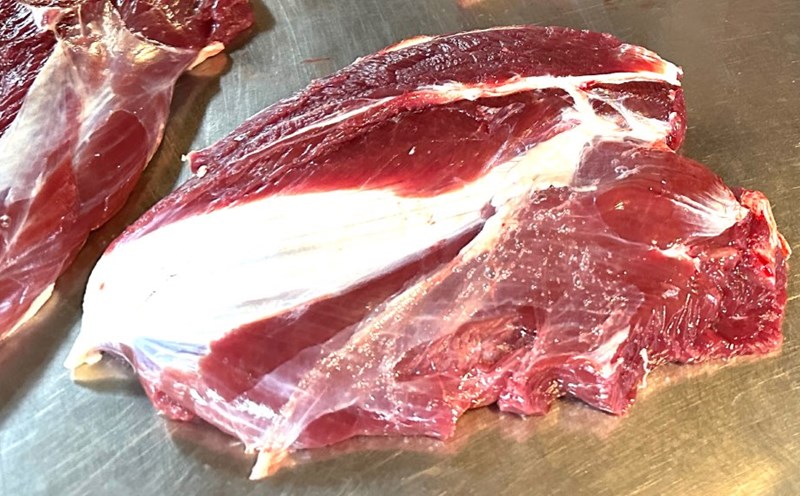Is protein always good?
People with kidney failure should adopt a low-protein diet, which means retaining good protein and avoiding bad protein. Good protein is the protein in eggs, milk, lean meat and soy products. Protein in main foods is of relatively poor quality.
You can also use cornstarch or lotus rootstarch to thicken. You can eat them with regular main foods in a 1:1 ratio.
The amount of protein that a normal person needs in a day is 0.8-1.2 grams of protein per kg of weight.
Eating less sodium salt can protect the kidneys
Low-sodium salt has less sodium ions, but has a high potassium ionization content. People with kidney failure have less potassium ionization due to reduced urine output. This is the reason why many people with kidney failure also experience hyperkalemia, which can even be fatal in serious cases. Therefore, people with kidney failure should try to avoid eating foods high in potassium and sodium.
Foods rich in potassium include bananas, mushrooms, watermelon, potatoes, orange juice, tangerine juice and mushrooms.
High-sodium foods include salted eggs, ham, celery, canned juices, soda, and packaged snacks.
Ordinary people consume 6 grams of salt per day, while patients with kidney disease need to pay attention to reducing salt intake to 2/3.
Eat plenty of whole grains
There is more bad protein in raw grains than in fine grains. Raw grains contain phosphorus ions that are not beneficial for kidney metabolism.











